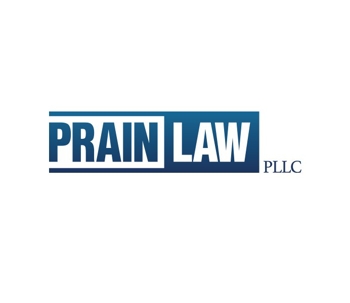MCL 769.4a Is a Great Michigan Domestic Violence Law For Those Seeking to Avoid Both Trial and Conviction. But This Law is Subject to Many Common Myths...
As a Michigan Domestic Violence Defense Lawyer, I receive questions daily about how the Michigan Domestic Violence Deferral, MCL 769.4a, applies to specific cases. [Click the link in this sentence for our articles explaining what MCL 769.4a is.] This article is about the most common myths and misconceptions surrounding MCL 769.4a. But wait . . . instead of reading this entire article, why not just call a Michigan Domestic Violence Defense Lawyer right now for a personal explanation instead?
Okay, let's jump right in...
- Myth #1: "You can't get MCL 769.4a if you go to Trial. You have to plead guilty." This is completely untrue, and the key is in the very first sentence of the law. MCL 769.4a(1) specifically says you are eligible if you "plead guilty to, or are found guilty of" a first offense under the Michigan Domestic Violence law. In addition to pleading guilty, you can also be found guilty of a Michigan Domestic Violence charge by a Judge or Jury even if you go to Trial and lose. Bottom line: MCL 769.4a does NOT expressly require a plea of guilty, and you certainly don't lose eligibility for MCL 769.4a under the statute by exercising your right to Trial.
- Myth #2: "You can't get 769.4a if your accuser doesn't agree. This is a stretch of the truth. Under the actual language of MCL 769.4a, only 2 people have to consent: 1) you; and 2) the Prosecutor. MCL 769.4a itself says that before agreeing to MCL 769.4a in your case, the Prosecutor must engage in "consultation" with your accuser (referred to as your "victim"). There is NOTHING in the law that says if your accuser is opposed, you cannot get MCL 769.4a. As a practical matter, though, some Prosecutors will refuse to agree to this Michigan Domestic Violence Deferral if your accuser is opposed to it. Assuming you may still be eligible by law, these cases require special work. But there is absolutely nothing in MCL 769.4a that prevents the Prosecution from overriding your accuser's preference if that accuser is simply reacting to feelings of hatred toward you, or other unreasonable influences. Often times, we've been told "no" by the Prosecutors because the accuser is opposed, only to be later told (after MUCH effort), "alright, we'll agree to MCL 769.4a."
- Myth #3: "Pleading guilty under the Michigan Domestic Violence Deferral means you automatically avoid any possibility of Jail." Also not true. In-fact, the Michigan Domestic Violence Deferral statute specifically allows for up to the maximum of 93 days in Jail,even if you're getting MCL 769.4a! [Click the link here for our articles about Michigan Domestic Violence Sentencing.] Many lawyers even get this confused. Avoiding any possibility of Jail at the time of plea requires a proper Sentencing Agreement or "Cobbs" Evaluation.
A full list of all of the common misconceptions is beyond the scope of this article. If you're still reading, you're probably wondering whether your understanding of MCL 769.4a is accurate . . . or just a myth. Why not get real answers right now? Call Prain Law, PLLC anytime at (248) 731-4543 anytime. It won't cost you for a consultation. Not in the mood to talk right now? We understand! Send a confidential message using this Contact Form.

